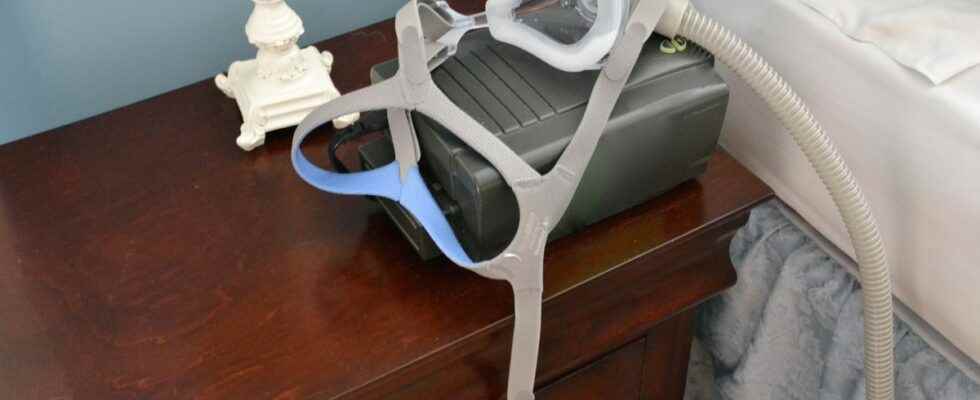Published on
Updated
Reading 2 mins.
The Philips ventilator case continues. The Dutch giant is now suspected of having been aware of a “serious problem linked to the polyurethane foam” present in its respirators “long before the recall of their products, without informing either the health authorities or the users of respiratory respirators. worldwide”.
The Philips ventilator case is ongoing and progressing. New elements appear.
New information sent to the public health center
It is our colleagues from France Info who report the news. According to their information, the public health center of the Paris prosecutor’s office has just been seized of key documents in understanding the health file of Philips respirators. It also has 26 complaints filed in France, in this case.
Among them “eight criminal complaints have been registered, four of which are related to cases of cancer” according to France Info. Let us recall that since last June a preliminary investigation for “endangering the life of others“, “aggravated deception” and “administration of harmful substances” has been opened. The lawyer responsible for representing the victims in France, Maître Christophe Lèguevaques, has also asked Philips to communicate the exact composition of its foam, information not clarified to date.
5.3 million respirators worldwide are affected
It’s been more than a year since the Philips ventilator crisis erupted. The story begins in the United States. Under pressure from users, the Dutch giant is ordering the recall of 5.3 million respirators against sleep apnea worldwide, of which 382,000 are registered in France.
The reason for this recall? A polyurethane foam, installed to soundproof the interior of the machines. It can degrade into fine particles directly inhaled by users, with serious health consequences, such as a risk of cancer.
More and more elements overwhelm Philips
The case has since continued and over time, elements suggest that Philips would have been aware of the poor quality of this foam and would have deliberately ignored this problem.
In the United States, a testimony points to the responsibility of the manufacturer with an exchange of emails in support. This is one of the executives of one of the companies specializing in industrial polyurethane foams. Summoned before the American courts, he explains that the foam he makes is “intended for industrial and non-medical use” and “Philips and the subcontractors had never consulted him on the use of this foam”.
Is the new silicone foam safer?
In France, Philips has undertaken to replace or repair defective machines and has “undertaken” that all machines will be rectified with users by the end of 2022.
But the FDA is alerting US users to this new silicone foam, which has reportedly failed a safety test. The manufacturer affirms for its part that its laboratories have not identified “no security issues” and that the replacement foam has obtained all the certifications.
Management by the health authorities that raises questions
The French Medicines Safety Agency (ANSM) has strangely decided to stick to the only tests carried out by Philips Respironics.
Remember that to date, no scientific study can establish a proven link between the use of the machines affected by the recall and cancer, but no reliable epidemiological study can exclude this carcinogenic risk either.
The ANSM, which received 3,074 reports of adverse effects concerning these devices at the end of September, had 159 which mentioned cancer. To find out more, read our article “Philips ventilators: is management by health authorities sufficient?”
